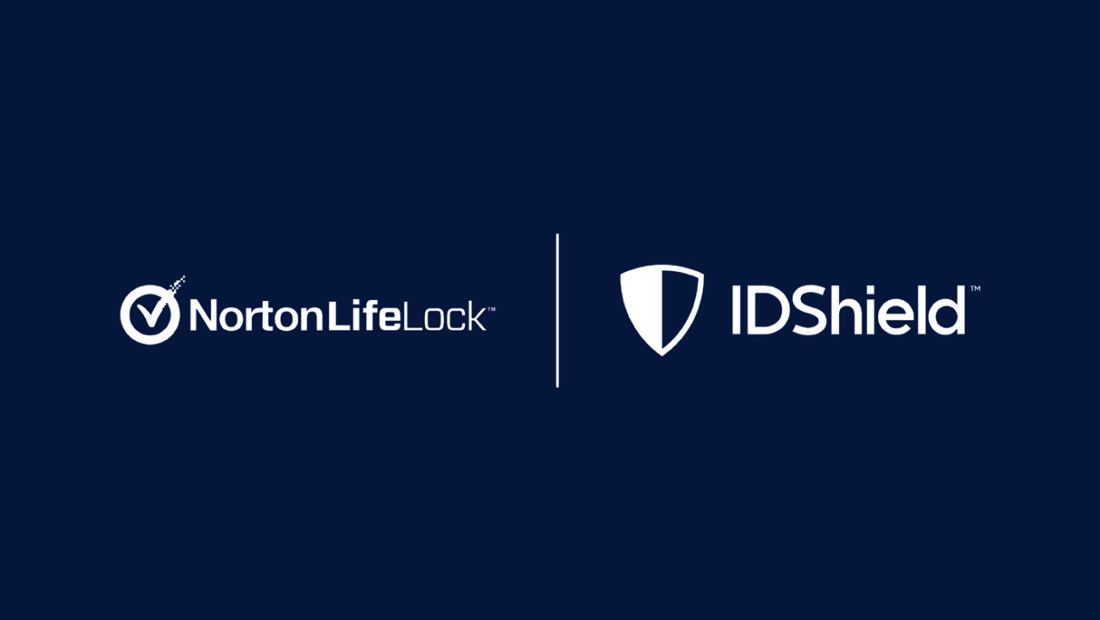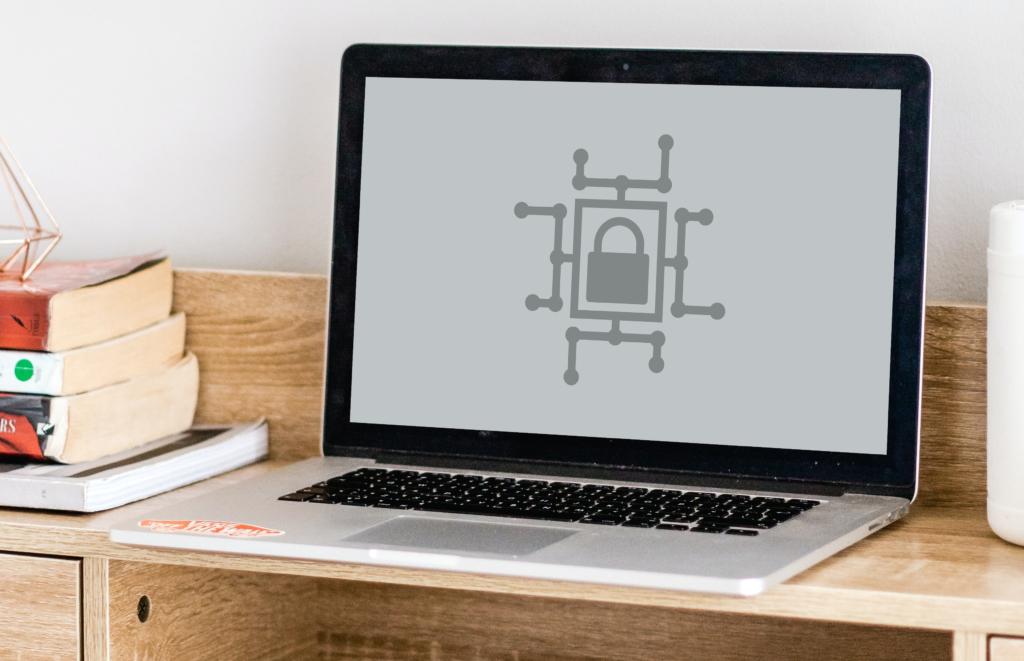LifeLock vs. IDShield—Key Differences Explained

Start Building Your
Child’s Credit
With our lives becoming more and more digitally dependent, cybercriminals are discovering new ways to exploit vulnerabilities in our online presence. This has led to a constantly increasing number of identity theft cases.
To combat this threat, many people are turning to identity theft protection services for help. Among the popular players in this industry are LifeLock and IDShield.
In this article, we’ll highlight some LifeLock vs. IDShield differences, including their pricing and features, to help you select your preferred identity protection service.
LifeLock vs. IDShield—Overview
Now owned by Norton LifeLock, a well-known cybersecurity company, LifeLock has had a long history of providing identity theft protection. LifeLock has established a solid reputation over the years and received generally positive customer reviews for its services.
IDShield operates under the parent company LegalShield, which offers legal services. It has made a name for itself by providing comprehensive identity theft protection services with a strong emphasis on legal support. While not as established as LifeLock, IDShield has earned a positive reputation among its users.
IDShield vs. LifeLock—What Are the Differences?

While these two services offer similar features, several factors set them apart, including:
- Coverage and monitoring
- Restoration services
- Additional features and benefits
- Customer support and accessibility
- Pricing and value
Coverage and Monitoring
LifeLock covers a wide range of identity theft and fraud types, offering robust monitoring services. LifeLock monitors your credit reports, financial accounts, and even public records for any suspicious activity. It also provides real-time alerts and notifications to keep you informed about potential threats.
Meanwhile, IDShield employs advanced technology to monitor the dark web and social media platforms for any signs of fraudulent activities. It uses sophisticated algorithms to scan the dark web, where stolen personal information is often traded, to determine if any user data is being illicitly shared or sold.
Additionally, IDShield’s social media monitoring feature keeps a close eye on public online spaces, looking for any potentially compromising information or suspicious activities associated with users’ identities. When it comes to credit monitoring, IDShield provides one-bureau credit monitoring through TransUnion or three-credit bureau monitoring for only a slight difference in price.
As for LifeLock, it offers one-bureau credit monitoring through Equifax on standard plans, with three-bureau credit monitoring available on its most expensive plan.
Restoration Services
When it comes to insurance coverage for identity theft resolution, both IDShield and LifeLock provide valuable protection—but the amounts they offer differ. IDShield offers up to $1 million in coverage, which can be used to hire lawyers and experts needed to resolve an identity theft situation.
LifeLock takes it a step further with its Ultimate Plus plan, which comes with up to $3 million in coverage for identity theft-related expenses. It’s important to note that LifeLock’s Standard plan provides a more limited amount of $25,000 in stolen funds reimbursement, whereas IDShield’s coverage focuses on legal and expert assistance rather than direct reimbursement for stolen funds.
Additional Features and Benefits
Among the additional features and benefits offered by IDShield and LifeLock, both services provide valuable tools for enhancing online security. More specifically, IDShield offers a VPN, antivirus protection, and a password manager as part of its security suite, which can help safeguard your online activities and personal information.
LifeLock offers a broader range of services, including:
- A VPN
- Antivirus protection
- Password manager
- Parental controls for added family security
With a more comprehensive set of tools to protect your digital presence, LifeLock makes a suitable choice for individuals and families looking for a wide array of security features beyond basic identity theft protection. Your choice between the two will depend on your specific needs and the level of online security you require.
Customer Support and Accessibility
LifeLock and IDShield both offer dedicated customer support, including phone and email assistance. However, IDShield only offers access to 24/7 support in emergencies, ensuring that customers can get immediate assistance in critical situations.
In contrast, LifeLock stands out with its 24/7 live member support, which means that customers can reach out for assistance at any time of day or night. This round-the-clock availability can be a significant advantage for those who value immediate and continuous access to customer support from their identity theft protection service.
Pricing and Value
The cost of LifeLock and IDShield varies depending on the plan and the number of individuals covered. Both IDShield and LifeLock offer decent identity theft protection services, but it’s important to compare their pricing against the value they provide. While both services are generally considered to be on the expensive side, LifeLock tends to be the costlier option.
LifeLock’s higher price tag is often justified by its more comprehensive coverage, which includes features like:
- Three-bureau credit monitoring
- Parental controls
- A broader range of additional security tools
If you prioritize extensive protection and are willing to invest more, LifeLock may be the better choice for you. Here’s a pricing comparison for both services:
| Type of Plan | IDShield | LifeLock |
| Individual plan | One-credit bureau monitoring—$14.95/month Three-credit bureau monitoring—$19.95/month | Standard—$11.99/month Advantage—$22.99/month Ultimate Plus—$34.99/month |
| Couple plan | No couples’ plan | Standard—$23.99/month Advantage—$45.99/month Ultimate Plus—$69.99/month |
| Family plan | One-credit bureau monitoring—$29.95/month Three-credit bureau monitoring—$34.95/month | Standard—$35.99/month Advantage—$57.99/month Ultimate Plus—$79.99/month |
LifeLock offers a wider range of plan options, including the Advantage and Ultimate Plus plans, which come with additional features and benefits that IDShield doesn’t offer. Couples may also find more flexibility with LifeLock as it offers two-person pricing, whereas IDShield doesn’t mention a specific couples plan.
Which Identity Protection Service Should You Choose?

When choosing between LifeLock and IDShield as your identity protection service, you should consider several factors. Firstly, LifeLock’s three-bureau credit monitoring is only available on its highest-tier plan, which makes it a more costly option for comprehensive coverage. The company has also recently faced several significant security issues, including a data breach and a controversy related to crypto mining, which may make more safety-conscious users steer clear of this service.
IDShield’s plans are relatively expensive compared to the limited services it offers, particularly with only one-bureau credit monitoring available on its basic plans.
Given these drawbacks, those seeking robust identity protection without breaking the bank may find FreeKick to be a better option that balances cost-effectiveness with comprehensive security coverage.
FreeKick—A Two-In-One Identity Protection and Credit Building Platform
FreeKick by Austin Capital Bank is an FDIC-insured deposit account that helps you protect your family’s identities while building credit for your children. Child identity theft occurs every 30 seconds, which is why investing in identity protection services like FreeKick is more important than ever.
Use FreeKick for Identity Protection
FreeKick’s identity protection service is for the entire family. For adult children and parents, FreeKick offers:
- Credit profile monitoring
- SSN monitoring
- Dark web monitoring for personal information
- Up to $1 million identity theft insurance
- Full-service white-glove concierge credit restoration
- Lost wallet protection
- Court records monitoring
- Change of address monitoring
- Non-credit (Payday) loan monitoring
- Free FICO® Score monthly
- FICO® Score factors
- Experian credit report monthly
For minors, FreeKick offers:
- Credit profile monitoring
- Social Security number (SSN) monitoring
- Dark web monitoring for children’s personal information
- Up to $1 million identity theft insurance
- Full-service white-glove concierge credit restoration
- Sex offender monitoring—based on sponsor parent’s address
Use FreeKick for Building Credit
FreeKick also offers a credit building service for children aged 13 to 25. All you have to do is take three steps:
- Create an Account—Navigate to FreeKick.bank, create an account, and choose a deposit that suits your budget
- Set It and Forget It—FreeKick will start building 12 months’ worth of credit history for your children
- Keep Growing—After 12 months, you can close the account without any fees or continue building credit for your family for another year
As a result of this minor effort, your children will have up to five years of credit activity when they turn 18. In turn, this head start will help them save $200,000 during their lifetimes by letting them secure loans on more favorable terms.
FreeKick Pricing
FreeKick has two pricing plans:
| FDIC-Insured Deposit | Annual Fee |
| $3,000 | $0 (Free) |
| No deposit | $149 |
Each plan offers:
- Credit building for six children aged 13 to 25
- Identity protection for two parents and six children aged 0 to 25
Save your family from identity theft and give them a bright financial future—sign up for FreeKick today.